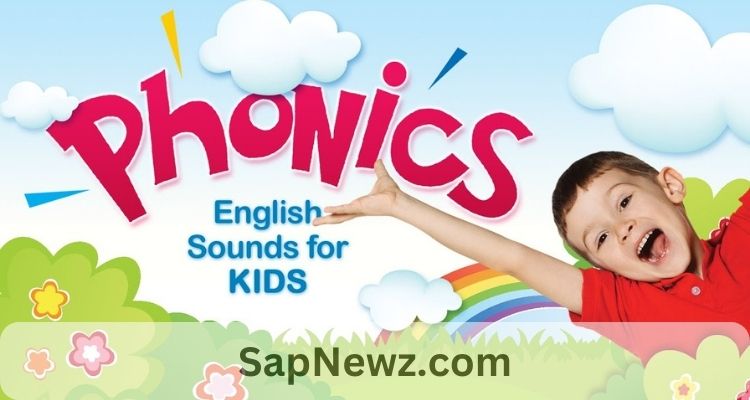Introduction
Developing strong reading skills in children is essential to their academic success and overall growth. Phonics classes are structured to teach kids how to read, focusing on the relationship between letters and sounds.
Moreover, phonics classes for kids help children decode words, build vocabulary, and gain confidence in their reading abilities.
Phonics-based learning is the most effective way to give a child a solid foundation of literacy at an early age. Furthermore, sending your child to phonics classes will equip them to become an independent reader and life learner.
Let’s discuss the key benefits of phonics classes and how they affect a child’s reading success.
1. Improved Word Recognition Skill
Phonic-based learning involves teaching students how to connect letters with their corresponding sounds, which helps them decode words easily.
This way of learning also allows the kids to recognize unknown words by breaking the word into parts, helping them to remember them.
Moreover, word recognition makes fluent reading, which further enhances comprehension. Phonics teaching involves regular practice of different texts that reinforce the letter-sound relationships.
Furthermore, the ability to decode words easily ensures that the children are able to read different kinds of reading material. This builds overall confidence and performance in both academic and personal reading.
2. Enhanced Spelling and Writing
Phonics not only improves your child’s reading skills but also helps improve their spelling and writing abilities. Moreover, the ability to understand the sound of each letter helps the children construct the word correctly.
This basic knowledge helps them spell more correctly and confidently. Furthermore, phonics practice typically involves writing activities to develop handwriting and sentence formation.
Such activities challenge the children to use their knowledge of letter-sound relationships creatively, for example, by creating new words or simple stories. For that reason, children will better articulate themselves in writing— the key to success in academics and communication in life.
3. Increased Reading Confidence
When children do not read well, it frustrates them and might lead to lower self-esteem. The Phonics instruction program steps a child through reading slowly, so the experience does not become overwhelming.
Additionally, your children will become confident in their reading abilities and begin to read more when they feel this confidence.
It also encourages a love for learning while enhancing reading skills. Confident readers are more likely to participate in class activities and take on new challenges. This way, phonics learning makes children feel successful, building a solid platform of confidence that extends throughout other learning and personal growth.
4. Greater Comprehension Ability
Understanding the meaning of text requires more than just identifying words; it requires comprehension. Phonics enables children to read fluently, freeing up cognitive resources for meaning.
When children can decode words rapidly, they are more likely to focus on the meaning and context of the text.
Comprehension of texts is crucial because it helps children understand concepts in mathematics, science, and history—all of which depend heavily on reading.
Phonics also introduces children to language patterns, enabling them to:
Identify context clues
Decode meanings
Engage deeply with the material they are reading
5. Lifelong Learning and Literacy Foundation
Phonics classes lay the groundwork for a lifetime of learning and literacy. Early phonics skills help children develop a firm grasp on skills that will help them understand more complex reading assignments with age.
Moreover, reading opens one up to knowledge and critical thinking. Mastering phonics automatically gives your child the advantage that would benefit their entire academic life and beyond.
Literacy is a key competence, and phonics provides children with an appropriate foundation for coping with the demands of a knowledge-based world.
Furthermore, with a solid phonics base, children are well prepared to explore a wide range of knowledge areas. This will help them develop a sense of curiosity about learning that will stay with them throughout their lives.
Conclusion
Phonics classes give children the tools that they need to become proficient readers, spellers, and writers. By enhancing word recognition, spelling, comprehension, and confidence, these classes set students up for long-term success in the classroom.
Moreover, the structured approach of phonics ensures that children learn not only to read but also develop a lifelong love for it. Remember, investing in phonics education is one of the most impactful steps parents can take to support their child’s literacy journey and overall development.
Ultimately, phonics enables children to unlock their potential and thrive in an increasingly competitive world.
